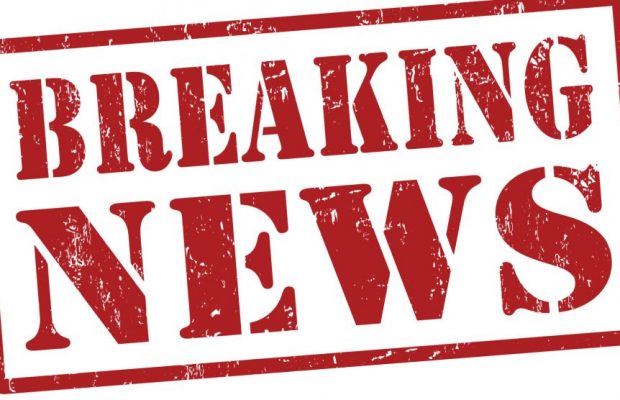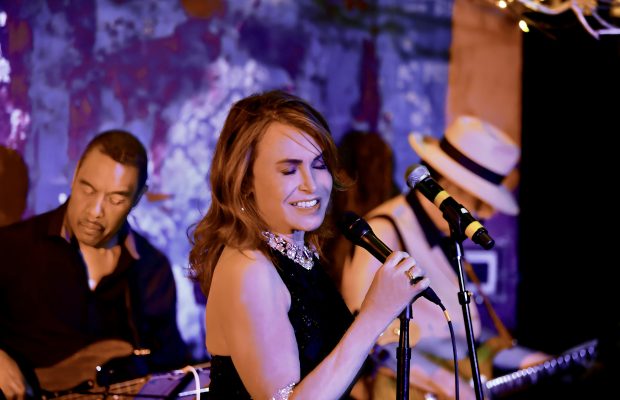New Report Offers Look at Lives of LGBT People of Color in Rural America, Shattering Stereotypes of Life in Rural Communities

Media coverage often portrays rural America as singularly white, conservative and working-class. Yet at least 10 million people of color, including lesbian, gay, bisexual, and transgender (LGBT) people of color, call rural America home. Today, the Movement Advancement Project (MAP) released a new report, Where We Call Home: LGBT People of Color in Rural America, which examines the unique challenges of LGBT people of color in rural America and highlights distinct experiences across different communities of color. As the second publication in the Where We Call Home series, this report details how the structural challenges of rural life amplify acceptance of or discrimination against LGBT people of color. Where We Call Home: LGBT People of Color in Rural America is released in partnership with the Equality Federation, the National Black Justice Coalition, and the National Center for Lesbian Rights.
“Rural communities have always been home to people of color and LGBT people of color, but their lives and needs are often unexamined or overlooked,” said Ineke Mushovic, executive director of the Movement Advancement Project (MAP). “LGBT people of color are more likely to live in poverty, more vulnerable to discrimination and less able to respond to its harmful effects. Comprehensive nondiscrimination laws are vital to improving the lives of LGBT people of color in rural America—as is blocking and rescinding religious exemption laws that allow employers and taxpayer-funded service providers to discriminate.”
This report offers extensive new findings on LGBT people of color in rural communities, where discrimination based on race and immigration status is compounded by discrimination based on sexual orientation, gender identity and gender expression.
As discussed in the report findings:
- People of color, including those in rural areas, are more likely than white people to identify as LGBT: people of color comprise 42% of the national LGBT population, compared to 36% of the total U.S. population. And, LGBT people of color generally live in the same rural areas as other people of color do. For example, the U.S. South is home to nine in ten Black people who live in rural and small-town areas, and Black same-sex couples are also concentrated in the South.
- LGBT people of color in rural states are especially vulnerable to discrimination. Overall, rural states are significantly less likely than majority urban states to have vital nondiscrimination protections, and are also more likely to have harmful, discriminatory laws. Also, among rural states, those with worse LGBT policy climates also have higher populations of people of color, meaning LGBT people of color are especially at risk of discrimination and especially likely to lack protection against it.
- LGBT people of color experience similar or higher rates of both poverty and unemployment compared to both non-LGBT people of color and white people. Additionally, rates of poverty are higher in rural areas than in urban ones, so LGBT people of color in rural areas are likely at an even higher risk of experiencing poverty.
- Smaller populations in rural communities mean any “difference” is more noticeable. For LGBT people of color, increased visibility as both people of color and as LGBT people in rural communities may mean further vulnerability.
- When LGBT people of color in rural areas face discrimination, they may have fewer alternatives for culturally competent providers and fewer opportunities to find a job. This is especially true when businesses and service providers are given a license to discriminate. For example, many senior care providers and hospitals in rural areas are religiously affiliated. Increasing religious exemption laws may allow such providers to discriminate, even when providing taxpayer-funded services. Not only can providers then reject people simply for being LGBT, a provider with racial bias may also choose to reject LGBT people of color, claiming the rejection is because the person is LGBT, not because they are a person of color.
- LGBT people of color have fewer support structures and resources that accept them both as a person of color and someone who is LGBT. The relative social and geographic isolation of rural areas can compound this problem. For example, LGBT-focused programs in rural areas, if available at all, may not fully recognize or be equipped to support people who are both LGBT and a person of color, and programs for people of color in rural areas may not be accepting of people of color who are also LGBT.
Click here to view this as an infographic.
“Lesbian, gay, bisexual, transgender, queer and same gender loving (LGBTQ/SGL) people of color are central to the fabric of rural life in America,” said David Johns, executive director of the National Black Justice Coalition (NBJC). “With little to no attention paid toward the challenges and joys of what it means to be a LGBTQ/SGL person of color living in places like the South or the rural Midwest, this report reveals the heightened risk of discrimination for those who are both LGBTQ/SGL and a person of color. This is especially salient for Black people who continue to be disproportionately impacted by the intersections of race, gender, sexual orientation, gender identity, gender expression and location in America. NBJC is committed to ensuring the livelihood of LGBTQ/SGL people of color in rural communities, in order to close the gaps between the movements for racial justice and LGBTQ/SGL equality.”
Where We Call Home: LGBT People of Color in Rural America concludes with recommendations for community organizations, educators, healthcare providers and policymakers to address the specific needs of LGBT people of color in rural communities. Because LGBT people of color may experience discrimination based on their sexual orientation and/or gender identity and their race or ethnicity, passing nondiscrimination protections at the federal, state, and local level is vital to ensure full participation in all aspects of life. States and the federal government should also rescind and block harmful religious exemption laws that may allow service providers and employers to legally discriminate against LGBT people. Additionally, addressing the broad structural challenges facing rural communities while also addressing the specific needs of LGBT people of color in rural areas (e.g., expanding data collection on LGBT people of color, repealing HIV criminalization laws, and more) will help to improve the quality of life LGBT people of color in rural America.










